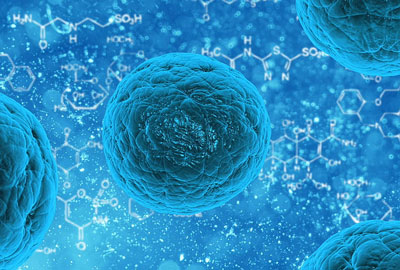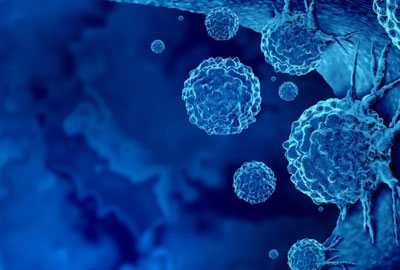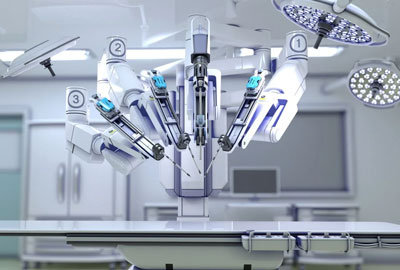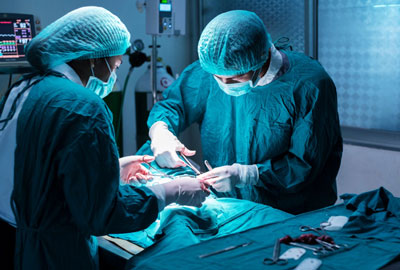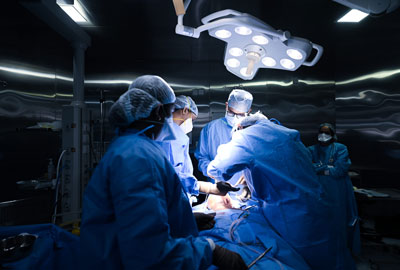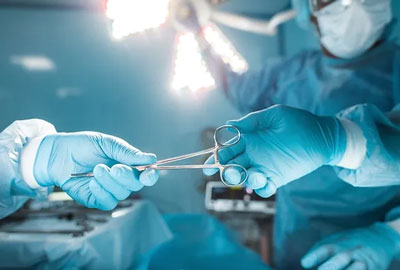Best Cancer Surgeon in Hyderabad: A Comprehensive Guide
Gastrectomy for Stomach Cancer: Procedure, Benefits & Recovery
By, Dr. Madhu Devarasetty | Jun 10, 2025

Procedure, Benefits & Recovery
Stomach cancer, also known as gastric cancer, continues to be one of the leading causes of cancer-related deaths globally. Often diagnosed at an advanced stage due to its subtle early symptoms, stomach cancer requires a combination of effective diagnosis, timely treatment, and surgical intervention for the best outcomes.
A gastrectomy, which involves removing all or part of the stomach, is one of the most effective surgical therapies for stomach cancer.
This article offers a detailed look at gastrectomy, when it's needed, how it’s performed, and what to expect post-surgery—especially for those exploring options for - Stomach cancer treatment in Hyderabad.
What is a Gastrectomy?
A gastrectomy is a surgical treatment that removes malignant stomach tissues in order to treat stomach cancer. The following may be removed during surgery, depending on the tumor's location and size.
- Only a portion of the stomach is removed during a partial gastroenterostomy.
- Total Gastrectomy: The entire stomach is removed, and the esophagus is connected directly to the small intestine.
- Sleeve Gastrectomy: Though more commonly used in weight loss surgeries, it can be employed in early-stage cancer under specific conditions.
- In many cases, the surgery also involves removing nearby lymph nodes and parts of other organs if cancer has spread locally.
When is Gastrectomy Recommended?
Gastrectomy is recommended for:
- Early-stage stomach cancer where the tumor is confined to the inner layers of the stomach wall.
- Locally advanced gastric cancer that has spread to nearby tissues or lymph nodes but not distant organs.
- Recurrent gastric cancer, where surgery is part of a second-line treatment plan.
- Prior to surgery, detailed diagnostic imaging such as CT scans, PET scans, or endoscopic ultrasound is performed to evaluate the cancer’s stage and spread.
Types of Gastrectomy Procedures
Stomach cancer surgery is complex and must be tailored to each patient's condition. Here are the commonly used methods:
- Open Surgery: This involves a large incision in the abdomen, offering the surgeon a clear view and access to the stomach and nearby organs. It's often chosen for large tumors or when extensive tissue removal is needed.
- Laparoscopic Gastrectomy: A minimally invasive technique using small incisions and a camera to guide instruments. It results in faster recovery, reduced pain, and minimal scarring.
- Robotic-Assisted Gastrectomy: This modern approach provides enhanced precision through robotic technology, allowing the surgeon to perform complex maneuvers with greater control. Many hospitals offering- Stomach Cancer treatment in hyderabad now have robotic systems in place to facilitate these advanced procedures.
Preparing for a Gastrectomy
Before surgery, patients undergo:
- Nutritional evaluation and support
- Blood tests and imaging
- Preoperative counseling
- Anesthesia assessment
Doctors may also initiate chemotherapy or chemoradiation (known as neoadjuvant therapy) to shrink tumors before surgery, especially in cases of advanced-stage gastric cancer.
What to Expect During the Surgery?
The procedure typically lasts 3 to 5 hours and is done under general anesthesia. In a total gastrectomy, the entire stomach is removed, and the esophagus is direct connected to the small intestine. In a partial gastrectomy, the remaining stomach is reconnected to the intestine in a way that allows digestion to continue.
Surgeons may also remove surrounding lymph nodes to assess whether cancer has spread. This helps determine the need for further treatments like chemotherapy.
Postoperative Recovery and Life After Gastrectomy
Recovery after gastrectomy varies depending on the type of surgery and the patient’s overall health. Here's what to expect:
Hospital Stay
Patients usually stay in the hospital for 5–10 days. During this time, they are closely monitored, and nutritional support may be provided through a feeding tube or IV.
Diet Changes
Since the stomach plays a key role in digestion, patients need to follow a modified diet post-surgery. They are gradually reintroduced to liquids and then soft foods. Long-term dietary guidelines include:
- Eating smaller, frequent meals
- Avoiding high-sugar or fatty foods
- Including protein-rich, nutrient-dense foods
- Taking vitamin B12 and other supplements
Physical Recovery
Physical activity is gradually increased under medical supervision. Most patients can return to light activity within 4–6 weeks but may take longer for full recovery.
Risks and Complications
While gastrectomy can be life-saving, it carries potential risks, including:
- Infection
- Bleeding
- Leakage at surgical connections
- Malnutrition or weight loss
Most complications can be managed effectively, especially when the procedure is performed by experienced surgical oncologists.
Choosing the Best Oncologist for Gastric Cancer One of the most critical decisions for any patient is selecting the right specialist. For optimal outcomes, it’s essential to be treated by someone who has extensive experience in gastrointestinal cancer surgeries.
Patients looking for the best oncologist for gastric cancer should consider:
- Board certification and surgical oncology experience
- Expertise in laparoscopic or robotic gastrectomy
- Availability of a multidisciplinary care team
- Track record of successful surgeries and patient outcomes
- Access to advanced facilities and ICU care
Several top-tier hospitals now offer comprehensive stomach cancer treatment in Hyderabad, complete with robotic surgical platforms, radiation oncology departments, and post-surgical rehabilitation.
Why Consider Hyderabad for Stomach Cancer Treatment?
Hyderabad has emerged as a prominent destination for cancer care in India. With a blend of affordable pricing, cutting-edge technology, and top-class oncologists, the city offers tremendous value to both Indian and international patients.
Here’s why Hyderabad stands out:
- Expertise: Access to the best oncologist for gastric cancer with international training and experience.
- Technology: Robotic-assisted surgeries and minimally invasive options are widely available.
- Cost-effective care: Advanced treatment options at lower costs than many metro cities or international centers.
- Integrated care: Comprehensive services from diagnosis to treatment and follow-up under one roof.
Gastrectomy remains a cornerstone in the treatment of stomach cancer, offering hope and extended survival when performed by experienced hands. Whether undergoing a partial or total removal, the procedure requires careful planning, surgical precision, and strong post-operative care.
If you or a loved one is exploring stomach cancer treatment in Hyderabad, ensure you consult the best oncologist for gastric cancer.

